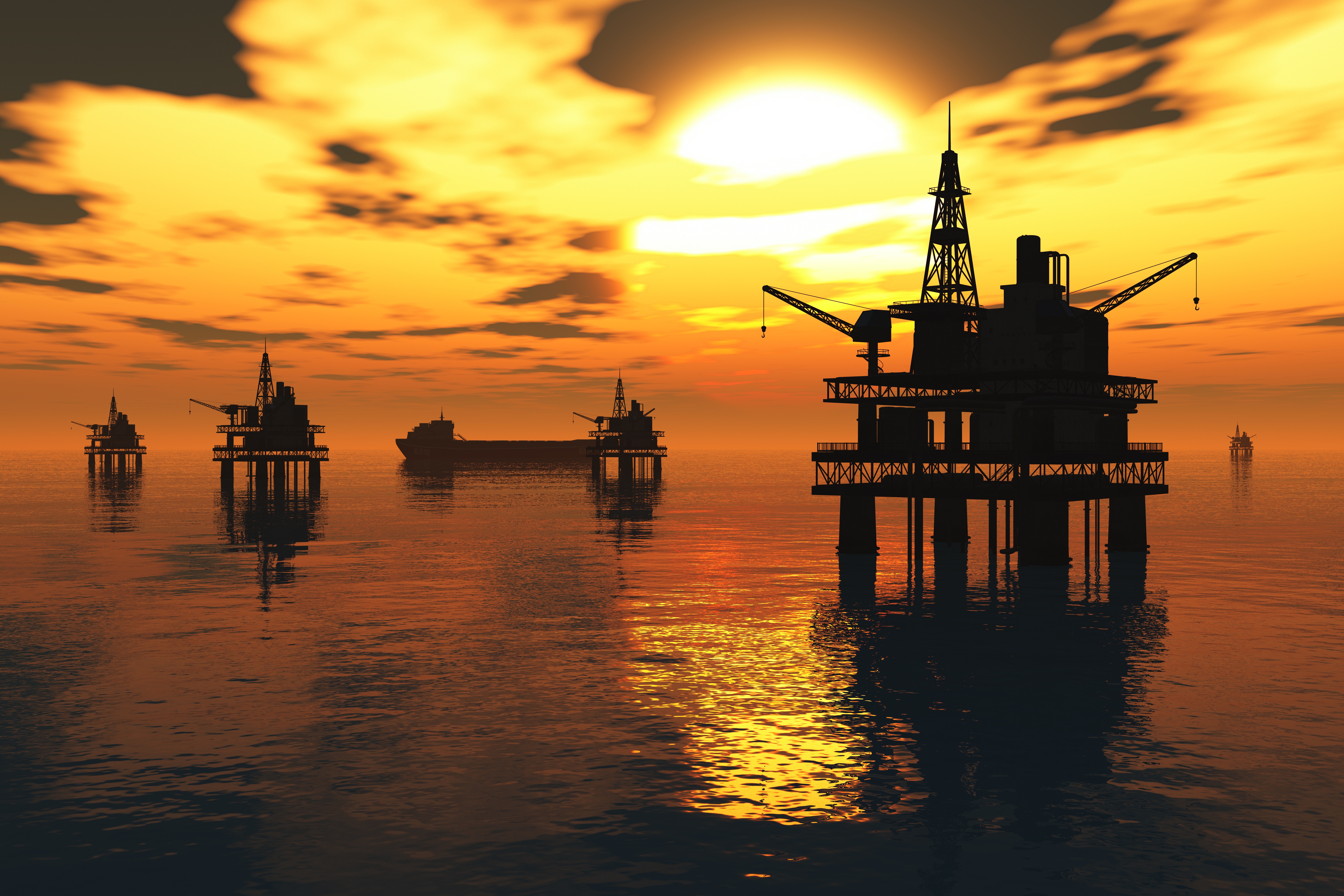 1) What IS fracking?
1) What IS fracking?
Fracking is a short-hand term for the practice of hydraulic fracturing in mining, particularly for natural gas trapped in shale or other rock deep below ground surface. (For you Battlestar Galactica fans it was also a useful, yet titillating, substitute for disallowed profanity on television.)
2) How does fracking work?
A combination of sand, water, and chemicals is pumped thousands of feet under the ground in the midst of a section of shale or other hard substance where natural gas is thought to be distributed throughout its pores. This substance is pumped under pressure into the shale formation until a crack, or fracture, occurs allowing the natural gas to collect in a large pool for transportation to a production well.
3) What chemicals are used and in what proportion?
99.5% of the combination is made up of water and sand. Only 0.5% of the mix is chemical. The chemicals used range from citric acid to benzene. Many states require mining companies to disclose the chemicals in use at their operations.
4) How much water is used in fracking?
A single fracking operation may take 3-6 million gallons of water. 60-80% of the fracking fluid is recovered and placed in lined holding pits or tanks. The rest remains trapped underground.
5) What percentage of U.S. natural gas comes from shale fracking operations?
In 2000, shale gas was only about 1% of the U.S. gas supply. Gas reserves were in decline and prices were over $15.00 per million BTUs. In 2010 shale gas made up 25% of the U.S. natural gas supply and the price has dropped to $4.00 per million BTUs.
Investors in natural gas have begun retrofitting their old liquid natural gas import sites to become export sites instead. In short, the U.S. is becoming an exporter of natural gas rather than needing to import for domestic use.
6) Are fracking operations a source of jobs?
Yes. In Pennsylvania the estimate of job creation from fracking operations in the Marcellus shale formation was 72,000 jobs created from 2009 through early 2011. North Dakota’s oil fracking operations in the Bakken formation has held the unemployment rate to 3.2%.
7) Does fracking cause earthquakes?
So far, fracking has not been any more cause of earthquakes than other geothermal mineral exploration or projects to sequester CO2 underground.
8) Are any toxic chemicals released into the air, land, or water from fracking operations?
There have been concerns raised that fracking operations may contaminate drinking water and deplete local aquifers as well as create significant noise emissions and truck traffic. There is also concern that fracking could disrupt the food supply by disrupting farming activity, create risks for livestock and produce quality.
So far, this has been the response to these issues:
- Fracking typically takes place thousands of feet underground whereas the average aquifer or drinking water well in only a few hundred feet deep. In addition, there is a layer of solid rock separating the aquifers/wells from mining operations using fracking.
- So far, testing has not shown contamination due to release of radioactive substances in the state of Pennsylvania.
- There has been no increase in blood levels of benzene in people living in proximity to a fracking operation. The only benzene was found in the blood of cigarette smokers.
- The emissions from an individual well site fall below the level requiring a permit.
- Liners are required for waste pits with high penalties for violation.
9) What contaminants have been found from fracking operations?
These are some of the contaminants found from fracking operations:
- Volatile organic compounds such as benzene which, when mixed with nitrogen dioxide can form ground level ozone
- Methane
- Polycyclic aromatic hydrocarbons (PAHS)
- Sulfur dioxide
10) Is flooding a concern?
There have been no reports of fracking operations causing flooding. A concern has been raised that flooding in the area of the operation could inundate the well site and/or holding tanks and spread chemicals and radioactive substances into the water supply.
* Image courtesy of FreeDigitalPhotos.net





















